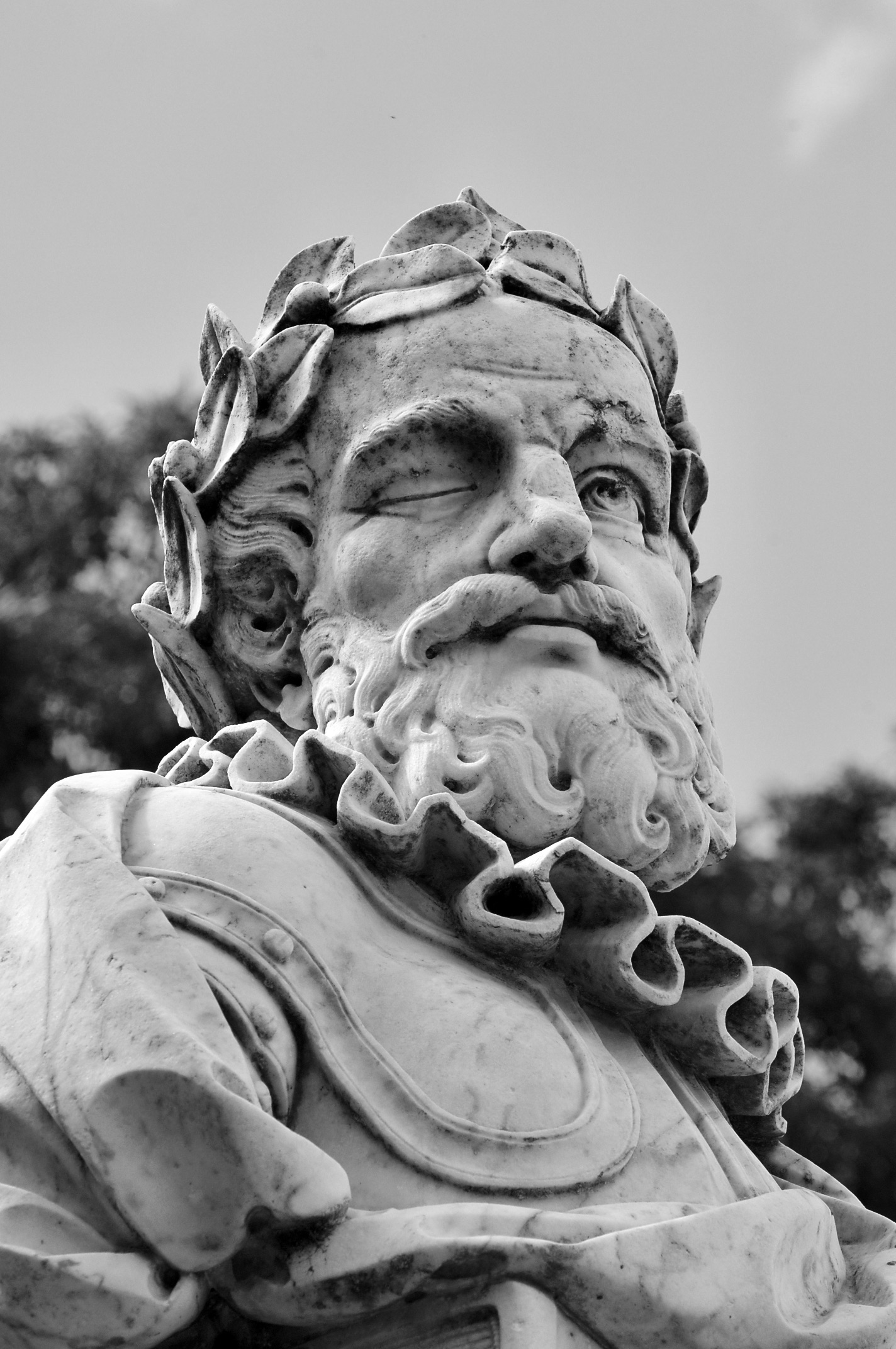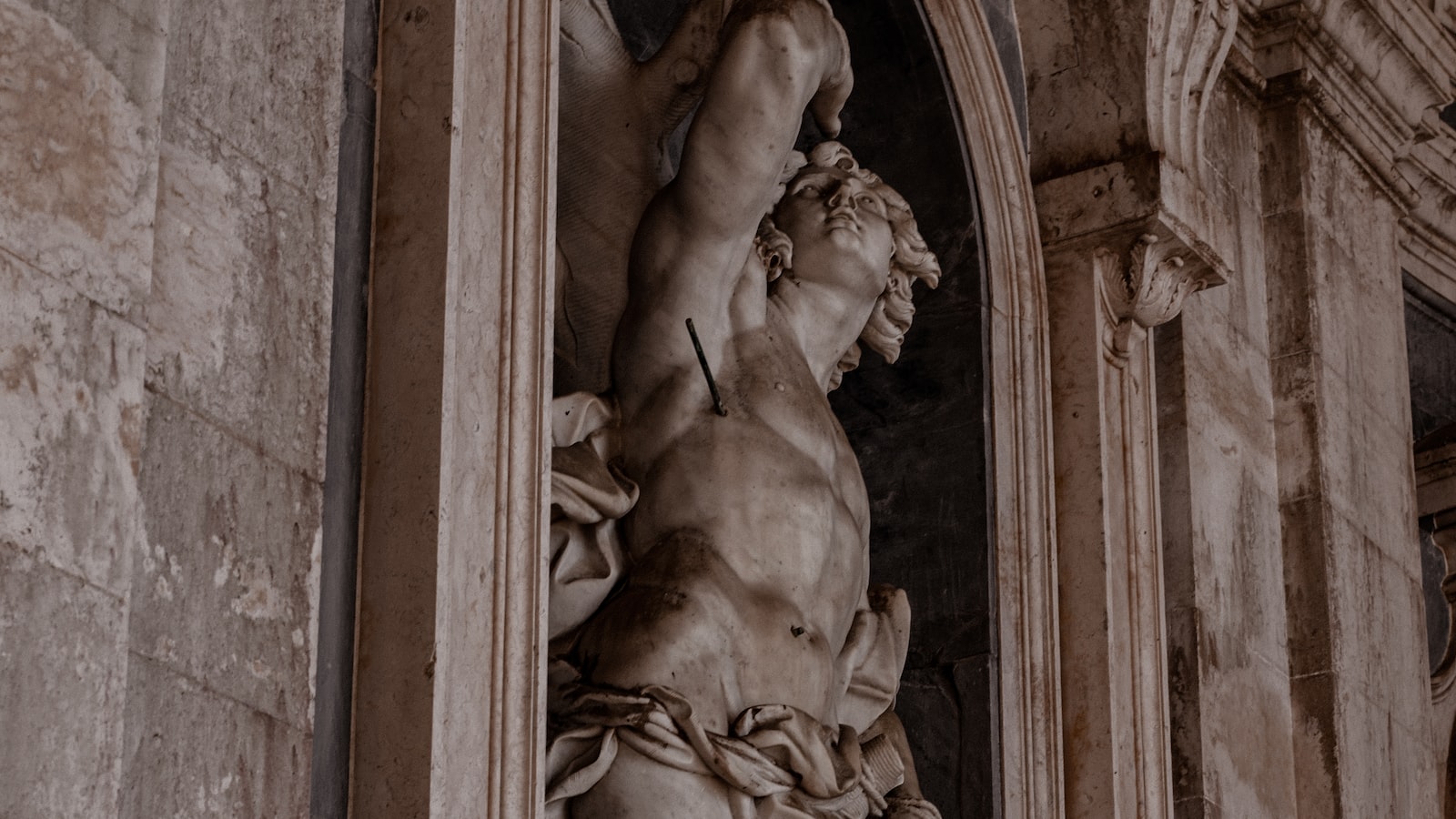In a realm of imagination and expression interwoven with royal tapestries and hidden oceanic treasures, a small nation has sprung forth from the Iberian Peninsula, leaving an indelible mark on the world of literature. Portugal, a land of seafarers and dreamers, boasts a literary heritage that has captivated hearts and minds for centuries. From the majestic verses of Luís de Camões to the enigmatic prose of José Saramago, Portuguese literature has journeyed through tumultuous historical waters and emerged as a beacon of cultural identity. In this article, we embark on a voyage through time to explore the profound influence of Portuguese literature, illuminating the literary treasures that have shaped the nation and inspired countless souls across the globe.
The Rich Legacy of Portuguese Literature: Exploring the Influences of Camões and Saramago
Portugal, a country renowned for its rich literary tradition, boasts a treasure trove of literary masterpieces that have had a profound impact on the global literary scene. Two iconic figures stand out in this narrative, paving the way for Portuguese literature to capture the world’s attention: Luís de Camões and José Saramago.
- Luís de Camões: Known as the national poet of Portugal, Camões is most revered for his epic poem, “The Lusiads.” This timeless masterpiece recounts the explorations of Portuguese sailors during the Age of Discoveries, encapsulating their triumphs, sorrows, and the nation’s cultural DNA. Camões’ poetic genius effortlessly blends history, mythology, and human emotions, enriching Portuguese literature with his lyrical verses and captivating storytelling. Through his work, he not only serves as a cultural ambassador but also shapes the Portuguese language, leaving an indelible mark on verse and prose alike.
- José Saramago: Modern Portuguese literature owes much of its fame to the mesmerizing works of José Saramago, a Nobel laureate and a true visionary. Renowned for his distinctive writing style that disregards conventional punctuation, Saramago encourages readers to journey through his labyrinthine narratives filled with philosophical musings and social commentaries. His magnum opus, “Blindness,” explores the darkness of humanity and the resilience of the human spirit. Saramago’s influence extends far beyond Portugal, as his masterful storytelling and unapologetic exploration of the human condition continue to resonate with readers from all corners of the globe.
The literary legacy left by Camões and Saramago is a testament to the profound impact Portuguese literature has had on the world stage. Their boldness, creativity, and unique perspectives continue to inspire present and future generations of writers, reinforcing Portugal’s position as a literary powerhouse. As readers, we are privileged to delve into the intricate worlds they have crafted, allowing us to both appreciate the rich tapestry of Portuguese culture and explore the depths of the human experience.

Celebrating the Cultural Significance of Luis Vaz de Camões: An In-Depth Analysis
Step into the captivating realm of Portuguese literature as we delve into the cultural significance of the renowned poet and playwright, Luis Vaz de Camões. With an eternal flame ignited in the hearts of all who appreciate the beauty of words, Camões’ literary masterpieces have transcended time, leaving an indelible mark on the cultural landscape of Portugal.
Embark on a mesmerizing journey through Camões’ works, which effortlessly blend profound emotions, intricate storytelling, and a deep appreciation for humanity. From his magnum opus, “Os Lusíadas,” an epic poem that flawlessly intertwines love, honor, and exploration, to his lyrical sonnets that echo the complexities of the human heart, Camões shows us a glimpse into the depths of the Portuguese soul.
- Discover the historical context and influences that shaped Camões’ writings.
- Unveil the symbolism and hidden meanings behind his most celebrated works.
- Explore the impact of Camões’ literary contributions on Portuguese culture and identity.
- Delve into the poetic techniques utilized by Camões to evoke powerful emotions.
Join us on this enlightening expedition as we celebrate the literary prowess of Luis Vaz de Camões, paying homage to his immeasurable contributions that have helped shape the cultural fabric of Portugal and beyond. Through close analysis and exploration, we aim to deepen our understanding of this literary luminary and unearth the timeless relevance of his work in today’s world.

From Narrative Experimentation to Global Recognition: Unveiling José Saramago’s Literary Mastery
With an unparalleled flair for narrative experimentation, José Saramago captivated the literary world and achieved global recognition through his captivating works. Pushing the boundaries of traditional storytelling, Saramago’s unique style garnered him widespread acclaim and established his reputation as a literary master.
In his novels, Saramago skillfully weaved intricate narratives that challenged the conventional norms of literature. His unconventional punctuation and lack of chapter breaks created a rhythmic cadence, drawing readers into the labyrinth of his words. Saramago’s ability to blur the line between fiction and reality added an element of mystery, leaving readers to navigate the intricacies of his imaginative worlds.
- Richly Layered Characters: Saramago’s characters possess a depth and complexity that mirrors the intricacies of real-life individuals. Each personality is meticulously crafted, exploring human flaws and virtues with raw honesty.
- Socio-Political Commentary: Saramago masterfully used his narratives to delve into the societal and political issues of his time. Through thought-provoking stories, he fearlessly dissected the power structures and questioned the status quo, inviting readers to critically analyze the world around them.
- Philosophical Reflections: Saramago’s works often served as vehicles for deep philosophical ponderings. By intertwining existential questions with literary brilliance, he challenged readers’ perspectives, leaving them contemplating the complexities of the human condition.
Through his unparalleled narrative experimentation and profound literary prowess, José Saramago will forever be remembered as a literary genius who pushed the boundaries of the written word. His remarkable ability to create richly realized characters, engage in socio-political commentary, and inspire philosophical musings cemented his rightful place in the global literary pantheon.

Unforgettable Portuguese Literary Gems: Must-Read Works by Camões and Saramago
Portugal has gifted the world with some truly exceptional literary masterpieces that have stood the test of time. Two of the most prominent figures in Portuguese literature are Luís de Camões and José Saramago, whose works continue to captivate readers with their profound storytelling and unique perspectives.
Luís de Camões, considered the national poet of Portugal, penned the epic masterpiece “The Lusiads.” This epic poem highlights the voyages of Vasco da Gama and pays homage to Portugal’s Age of Discovery. With its rich and vivid descriptions, “The Lusiads” paints a captivating picture of maritime exploration, heroic feats, and encounters with mythology. Camões’ poetic prowess shines through his elegant use of language, metaphors, and an unwavering love for his country.
- “The Lusiads” – Luís de Camões’ epic poem that celebrates Portugal’s Age of Discovery.
- “Blindness” – José Saramago’s haunting novel that explores the collapse of society when an epidemic of blindness strikes.
- “Baltasar and Blimunda” – José Saramago’s historical fiction that delves into the lives of a young couple during the Inquisition in 18th-century Portugal.
José Saramago, a Nobel Prize laureate in literature, is celebrated for his unique narrative style and thought-provoking themes. One of his most notable works, “Blindness,” takes readers on a dark and unsettling journey, where a mysterious epidemic of blindness sparks chaos and reveals the fragility of societal norms. Saramago’s powerful storytelling and exploration of human nature make “Blindness” an unforgettable and deeply impactful novel. In “Baltasar and Blimunda,” Saramago delves into Portugal’s history once again, intertwining it with romance, mysticism, and political intrigue. With his exceptional ability to question established conventions, Saramago crafts a mesmerizing tale that challenges the reader’s perspective on love, faith, and the power dynamics of society.
In Retrospect
As we bid farewell to this journey through the rich tapestry of Portuguese literature, we cannot help but be awe-struck by the indelible impact it has left on the literary world. From the lyrical prowess of Luís de Camões to the profound imagination of José Saramago, Portuguese literature stands as a testament to the power of language and storytelling.
With each poetic verse penned by Camões, we are transported to a time of grand adventures and heroic tales. Through his masterwork, “The Lusiads,” he immortalized the spirit of Portuguese exploration and painted vivid landscapes that continue to inspire generations of poets and dreamers.
Moving through time, we embark on a mesmerizing journey into the modern era of Portuguese literature, led by the enchanting prose of José Saramago. His words, like intricate brushstrokes, create a world where reality intertwines with the surreal, challenging our perceptions and expanding the boundaries of storytelling.
From the triumphs and tragedies of past centuries to the contemplative and thought-provoking narratives of the present, Portuguese literature has shaped the cultural landscape not only of Portugal but also the entire globe. It captures the essence of human experience with an unparalleled beauty, inviting readers to explore the depths of their own souls.
Through the centuries, countless writers have emerged from the shores of Portugal, each contributing to the literary mosaic that defines the nation. From the sonnets of Florbela Espanca to the essays of Fernando Pessoa, their voices echo through time, reminding us of the universality of human emotions and the boundless power of the written word.
As we conclude this chapter on the influence of Portuguese literature, let us not forget the countless readers who have been touched by these literary treasures, forever transformed by the stories that have been woven into their hearts. The journey may end here, but our love for Portuguese literature and its enduring legacy will carry on, igniting the literary passions of generations to come.
So, let us bid adieu to this exploration of Portuguese literature, rejoicing in the profound influence it has had on the world. As we close this chapter, we recognize that within its pages, we have discovered a world of imagination and inspiration, forever indebted to the literary giants who have breathed life into the written word. May their brilliance continue to shine, guiding us through the intricate tapestry of human existence and reminding us of the power that lies within a story well-told.

